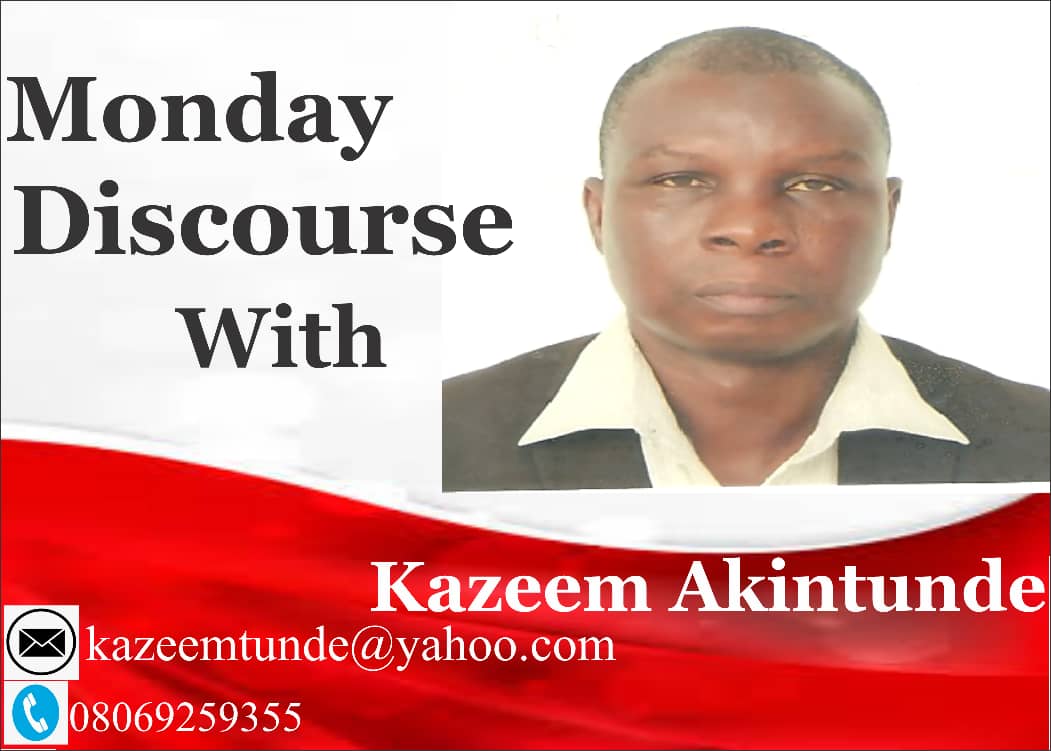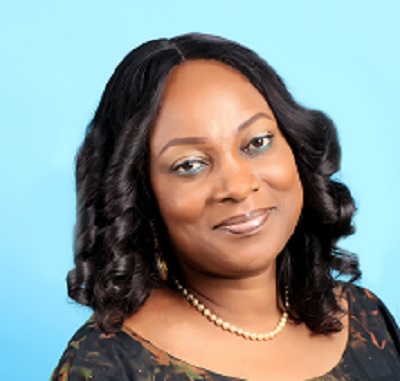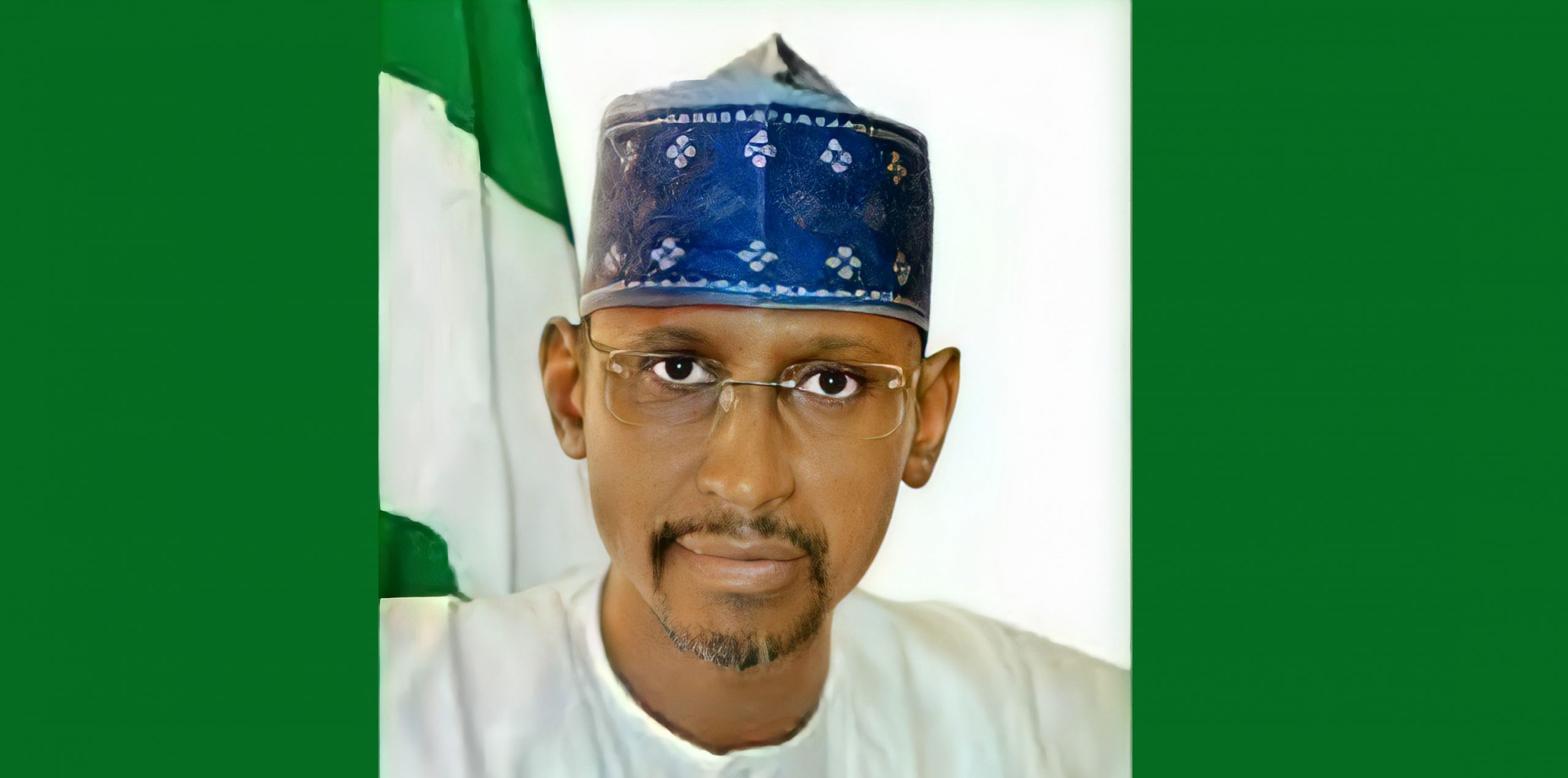The PDP mission to Abeokuta, By Dan Agbese
Email: [email protected]
SMS: 08055001912
The report I read of the visit by PDP leaders led by their new national chairman, the savvy, quiet and effective political operator, Dr Iyorchia Ayu, to President Olusegun Obasanjo last week did not give details of what they wanted from him. However, from Obasanjo’s response to them, it is fair and sensible to suggest that they wanted him to be part of their party and play a critical role in helping to wake up the party and its leaders to the looming challenges of either returning to power in 2023 or remaining in the Siberia of political irrelevance in the foreseeable future.
If my guess is right, then I think the party leaders were right; and they were wrong. They were right to undertake the pilgrimage to the Obasanjo shrine for his blessings for their party in this season of our political anomie. He is the only former leader of the party with the clout to provide a positive shock to the party and force it to do better than exist and nurse the hope that God, being sympathetic to PDP, he would intervene in their political fortunes at the right time.
If they went to woo the former president back into their party, then they were unfair to him. It was a wrong move. Obasanjo was president and the national leader of the party for eight years. If the amendments to the party constitution effected just before he completed his eight years in Aso Rock in 2007, had succeeded, he would have become the chairman of the board of trustees of the party for life. Bad belly killed it. In that position, he would be the guiding light to the party and its leaders through the twists and the bends of our national politics.
And perhaps, just perhaps, he might have staunched the great haemorrhaging of the party that depleted it of its leading but ungrateful members, including former and serving state governors and national and state legislators, who flocked to APC in 2014 because the prospects of Muhammadu Buhari, the new kid on the block, being elected president dimmed the prospects of President Goodluck Jonathan remaining in Aso Rock for a second term.
By their action, they let the sun set prematurely on Africa’s largest political party and did incalculable damage to our nascent political pluralism. They destroyed a party that had been in power for some 16 years. I can see some of the PDP men who lost their bet in a better accommodation in the Buhari administration, gathering the pieces of their broken pot in a scrappy effort to regain their political foothold. You cannot but have some sympathy for the lumbering, potentially great nation for ever tossed in the storm of its unstable party politics.
The PDP leaders were wrong too if their mission was to try and own Obasanjo. They were right to seek his counsel, but they should not have asked him to do what will taint him with the dark spots of partisan politics. There are good enough reasons why the man must protect himself and be duly protected from partisanship. It is beneath him. Obasanjo has risen above and beyond partisan politics. He has seen it all and done it and must not be dragged back into his former party.
His participation in any form in party politics will be unwise, unnecessary, and do him no good. It will put unsightly spots on his credentials as a statesman and prevent him from being the non-partisan guardian of the nation’s conscience we verily need him to be with the nation in the bliss of leadership of the deaf. We need him to play a larger and a more positive role than serving as the anointer-in-chief of political office seekers in a particular party. Twice since our return to civil rule, he did it and twice he was forced to admit to himself, I think, that his judgement of the human character has room for improvement.
Obasanjo is a tireless man: always visible and always prepared to exercise his right to disagree on matters of national interest. He joins forces with groups of men who seek to free our country from the shackles of incompetent indifferent leadership at national and sub-national levels. He is the only Nigerian of consequence who would not padlock his lips when he sees that government decisions and policies calculated to serve vested interests are inimical to the national interest. And because he speaks his mind and serves unpalatable truth to power, he is criticised for talking too much. He is on the enemy list of each president and their minions.
They would rather the man keep quiet and simply watch and savour the golden sunset of his years. After all, he has had his time. And not a few people are prepared to swear that we are where we are today in our national development and politics because the man did what he should not have done but instead did not do what he should have done. It is an unkind cut. Those who hold this view are irritated by his views and his voice, no less.
I too have been a critic of Obasanjo’s unrestrained inclination to beat his chest and lay the cane across the back of presidents he believes were poorly managing our national diversities and listening to tribal and religious jingoists at the expense of the nation and its interests. You may disagree with him, but you cannot but admire his capacity to stand his ground. I criticised him not because I share the unreconstructed opinion that he is driven by an ambition to control every government but because his logic sometimes verges on the illogical. Even at that, I appreciate he is permanently driven by the patriotic desire to make the rest of us see that Nigeria will not make much progress, let alone attain greatness, with a determined backward march from a set course.
Perhaps, this was why he and Jonathan fell apart and he had to renounce his membership of PDP in a rather dramatic way. Jonathan was the poster child of Obasanjo’s pragmatic response to the clamour for power shift. But when he began showing signs of listening to too many discordant voices and moving in a direction different from the path the party chose for itself, he irked Obasanjo. Although he did not join APC, Obasanjo, perhaps in an act of vengeance, campaigned vigorously to make Jonathan a one-term president and Buhari his successor. Obasanjo too bought Buhari’s over-marketed competence and his capacity to provide good, effective, and strong national leadership close to his own. Except that he too read the entrails of the chicken upside down.
In his inaugural speech on May 29, 2015, President Muhammadu Buhari said: “I belong to no one. I belong to everybody.” This should be Obasanjo’s unique position in our nation today. He cannot belong to PDP anymore. He belongs to the nation in its entirety. All the political parties, consequential and inconsequential, can look up to him as their Baba. They have the right to tap his wealth of experiences to help them make some sense of party politics.
There are things you cannot in conscience deny him. He made this country big and respectable as military head of state and as a civilian president. Twice he tried to remake this country with a new, respectable image; a country positioned for greatness and the leadership of the African continent and a pride to black people everywhere.
When he speaks, we should listen. But we do not wish to listen to him. We refuse to share his broad vision for the country. We choose to align with men of narrow visions who believe themselves to be divine-anointed men of destiny. Nigeria came of age, then it grew old and sclerotic too quickly. In the early years of his administration, Obasanjo wrote at least two letters to Buhari, pointing out where he was derailing and offering informed suggestions on how and why he should retrace his steps. He was ignored. Ignoring Obasanjo has not been particularly beneficial to the president. When a nation is driven to the precipice and things are rapidly falling apart – socially, economically, and politically – as they are in our country at present, it is not a sign of weakness for a serving president to seek the counsel of a former president who can make informed contributions on how to keep the ship of state steady in the storm of its critical challenges.




